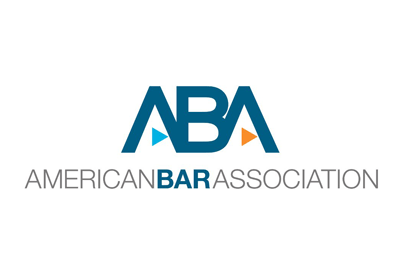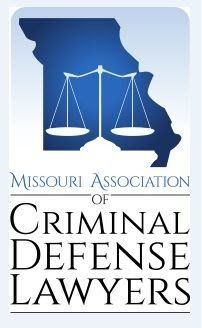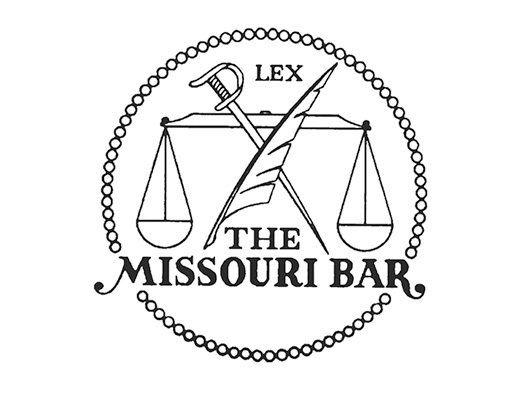Offense Affecting Public Order
Jefferson County, MO Offenses Against Public Order Lawyer
Offenses Against Public Order
Offenses against the public order are crimes that affect the usual operation of society. These offenses are normally contrary to commonly shared community ideals, standards, or morals. Another distinguishing characteristic of public order crimes is that they normally do not involved an actual victim. Usually, a person is charged with a public order crime because their conduct is considered detrimental to society as a whole. Public order crimes primarily focus on the offensive conduct and how disruptive it is to society.
We represent individuals charged with the following types of Offenses Against the Public Order:
Public order offenses range in minor misdemeanors to serious felonies. For example, the offense of private peace disturbance is a class C misdemeanor that carries a maximum punishment of a $750 fine and/or 15 days in the county jail. Conversely, the crime of causing catastrophe is a class A felony that carries a maximum punishment of life in prison.
- Agroterrorism
- Causing Catastrophe
- Cross Burning
- Failure to Comply
- Institutional Vandalism
- Making a Terrorist Threat, First Degree
- Making a Terrorist Threat, Second Degree
- Making a Terrorist Threat, Third Degree
- Money Laundering
- Peace Disturbance
- Private Peace Disturbance
- Promoting Civil Disorder
- Public Drunkenness
- Public Urination
- Refusal to Disperse
- Rioting
- Unlawful Assembly
Missouri Offenses Against Public Order FAQ's
Can't Find the Answers?
Fill all information details to consult with our best Attorneys advices.
Areas Served
If you have been, or think you may be charged with any of the offenses listed above in Jefferson County, St. Francois County, St. Louis County, Ste. Genevieve County, Washington County or Franklin County Missouri, including the cities of Arnold, Barnhart, Bloomsdale, Byrnes Mill, Cedar Hill, Crystal City, Desloge, DeSoto, Dittmer, Eureka, Farmington, Festus, Fredericktown, French Village, Herculaneum, High Ridge, Hillsboro, Horine, House Springs, Imperial, Mapaville, Mine La Motte, Mineral Point, Morse Mill, Olympian Village, Park Hills, Perryville, Pevely, Potosi, Ste. Genevieve, or Valles Mines exercise your right to remain silent and your right to speak to an attorney immediately and contact the Lednick Law Firm to get a former Jefferson County Assistant Prosecuting Attorney on your side. Contact us today at 636-638-2150
for a free consultation.



